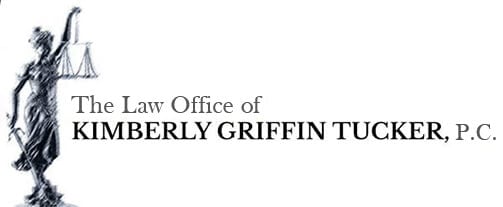If you are a medically qualified professional, handling prescription drugs may be part of your everyday job.
For instance, as a doctor, you may prescribe them; as a nurse, you may administer them; or as a pharmacist, you may hand them out.
It might therefore come as a surprise to learn that you could still face criminal charges over these drugs without doing anything wrong (or without intentionally doing anything wrong).
Many prescription drugs are in high demand
The classic example is opioid painkillers. Pharmaceutical companies encouraged doctors to prescribe them but failed to tell them how addictive they were. As a result, there are now thousands of people hooked on these drugs without the means to legally access them. The criminal world stepped in to fill that gap.
Criminal gangs often target medical professionals to get these drugs
They can do so by stealing prescription pads from doctors, then sending false clients to pick up prescriptions from pharmacists. They may also try to persuade patients to encourage doctors to give them more supplies of the drugs, perhaps saying they lost theirs or need more as they are going away. Or they could steal the keys from a nurse who has access to the drugstore and sign things out in their name.
A criminal charge is an accusation that needs proving
Just because the police or prosecution believes you knew what you were doing does not mean you did. It’s up to them to prove your guilt of drug crimes. It’s up to you to get legal help to challenge their arguments and show that you are innocent.
